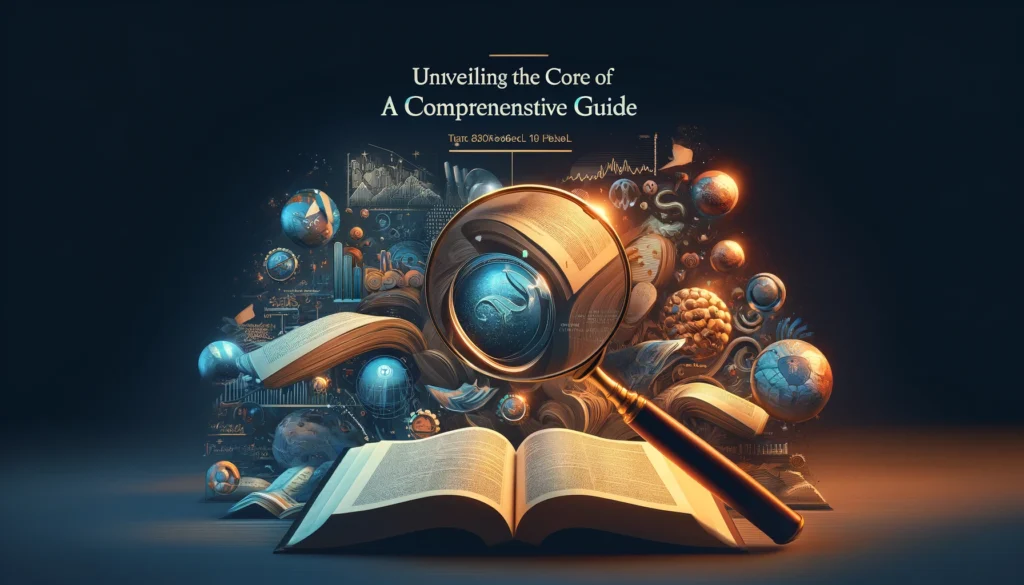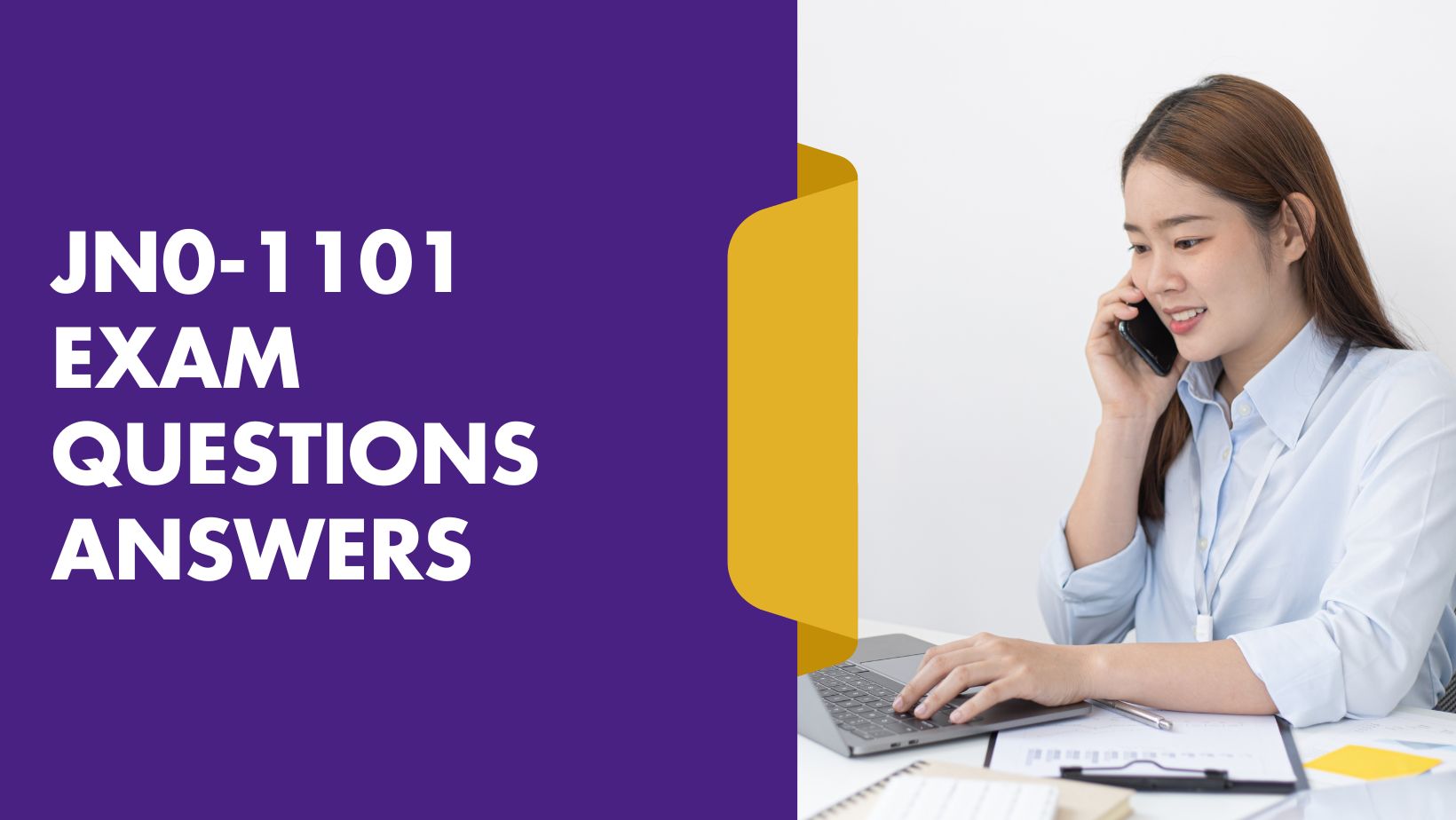The Financial Industry Regulatory Authority (FINRA) Core of Series 7 Exam Questions, formally known as the General Securities Representative Exam (GSRE), is a cornerstone certification for anyone looking to make a significant mark in the securities industry. This rigorous assessment tests a candidate’s ability to perform the critical functions of a general securities representative, including the sale of a wide range of securities. From stocks and bonds to mutual funds and options, the Series 7 is your gateway to a flourishing career in finance. In this blog, we’ll dive deep into the core of the Series 7, breaking down its key components, the preparation journey, and strategies to ensure success.
Table of Contents
Understanding the Series 7 Landscape
The Series 7 exam is not just a test; it’s a comprehensive assessment of a candidate’s proficiency in the financial domain. It covers a broad spectrum of financial products and requires an understanding of market dynamics, regulatory requirements, and ethical considerations. The exam consists of 125 multiple-choice questions, with a time allotment of 3 hours and 45 minutes. Achieving a passing score of 72% or higher is a testament to one’s dedication and expertise in the field.
Key Components of the Series 7 Exam Questions
The Series 7 exam is structured around four main functions essential to the role of a general securities representative. Here’s a closer look at each:
Here’s the data structured into a table format to provide a clear and organized overview of the core topics typically covered in the FINRA Series 7 exam:
| Category | Key Topics |
|---|---|
| Equities | Types of stocks, equity securities analysis, market mechanics |
| Debt Securities | Types of bonds, debt instruments, yield and price calculation |
| Investment Banking | Public offerings and private placements, securities underwriting, regulatory environment |
| Securities Markets | Primary vs. secondary markets, market participants, orders and execution |
| Mutual Funds and Investment Companies | Types of investment companies, fund operations, investment strategies |
| Options | Basics of options, options strategies, options valuation and risk |
| Customer Accounts | Account types, customer profiles, account management |
| Regulatory Requirements and Guidelines | SEC and FINRA regulations, ethical practices, anti-money laundering (AML) |
| Taxation | Tax implications for investment choices, retirement and estate planning |
| Retirement Plans | Types of plans, plan rules and regulations |
1. Seeks Business for the Broker-dealer from Customers and Potential Customers
Understanding client needs and effectively communicating the value and functions of various securities is crucial. This section tests your ability to identify, evaluate, and manage client profiles and investment objectives.
2. Evaluates Customers’ Financial and Investment Information
Candidates must demonstrate proficiency in analyzing financial information, including risk tolerance, financial status, and investment objectives, to provide informed recommendations.
3. Opens Accounts, Transfers Assets, and Maintains Appropriate Account Records
This function covers the operational aspects, including account setup, transfer procedures, and record-keeping in compliance with regulatory standards.
4. Provides Customers with Information on Investments and Makes Suitable Recommendations
A deep understanding of investment products, market trends, and regulations is necessary to guide clients effectively. This section assesses your ability to tailor recommendations to clients’ financial situations and goals.
Preparing for the Series 7 Exam
Success in the Series 7 exam requires a strategic approach to preparation. Here are some tips to guide your study plan:
- Comprehensive Study Materials: Invest in quality study guides and course materials that cover the breadth of the exam syllabus. Understanding the concepts in depth is better than memorization.
- Practice Tests: Regularly taking full-length practice exams will not only familiarize you with the exam format but also help identify areas that need further review.
- Time Management: Learn to manage your time effectively during the exam. Practice pacing yourself to ensure you have ample time to review your answers.
- Focus on Weak Areas: Allocate more study time to sections where you feel less confident. Strengthening your weak spots can significantly impact your overall score.
The Day Before the Exam
- Rest and Relax: Give your brain a break from studying to ensure you’re well-rested and alert on exam day.
- Prepare Your Essentials: Gather all necessary documents and materials you’ll need for the exam day to avoid last-minute stress.
On Exam Day
- Arrive Early: Get to the exam center with plenty of time to spare. This will help you settle in and calm any nerves.
- Read Carefully: Take the time to read each question and all answer choices thoroughly before making a decision.
- Stay Positive: Maintain a confident and positive mindset. Trust in your preparation and knowledge to guide you through.
Conclusion: The Path to Success
The Core of Series 7 exam is a pivotal step in your financial services career. Understanding the core of the Series 7 and approaching your preparation with diligence and strategy will pave the way for success. Remember, this certification not only validates your expertise but also opens the door to numerous opportunities in the securities industry. With the right preparation and mindset, you’ll be well on your way to achieving your professional goals. Good luck!







1 Comment
[…] Unveiling the Core of Series 7 A Comprehensive Guide […]